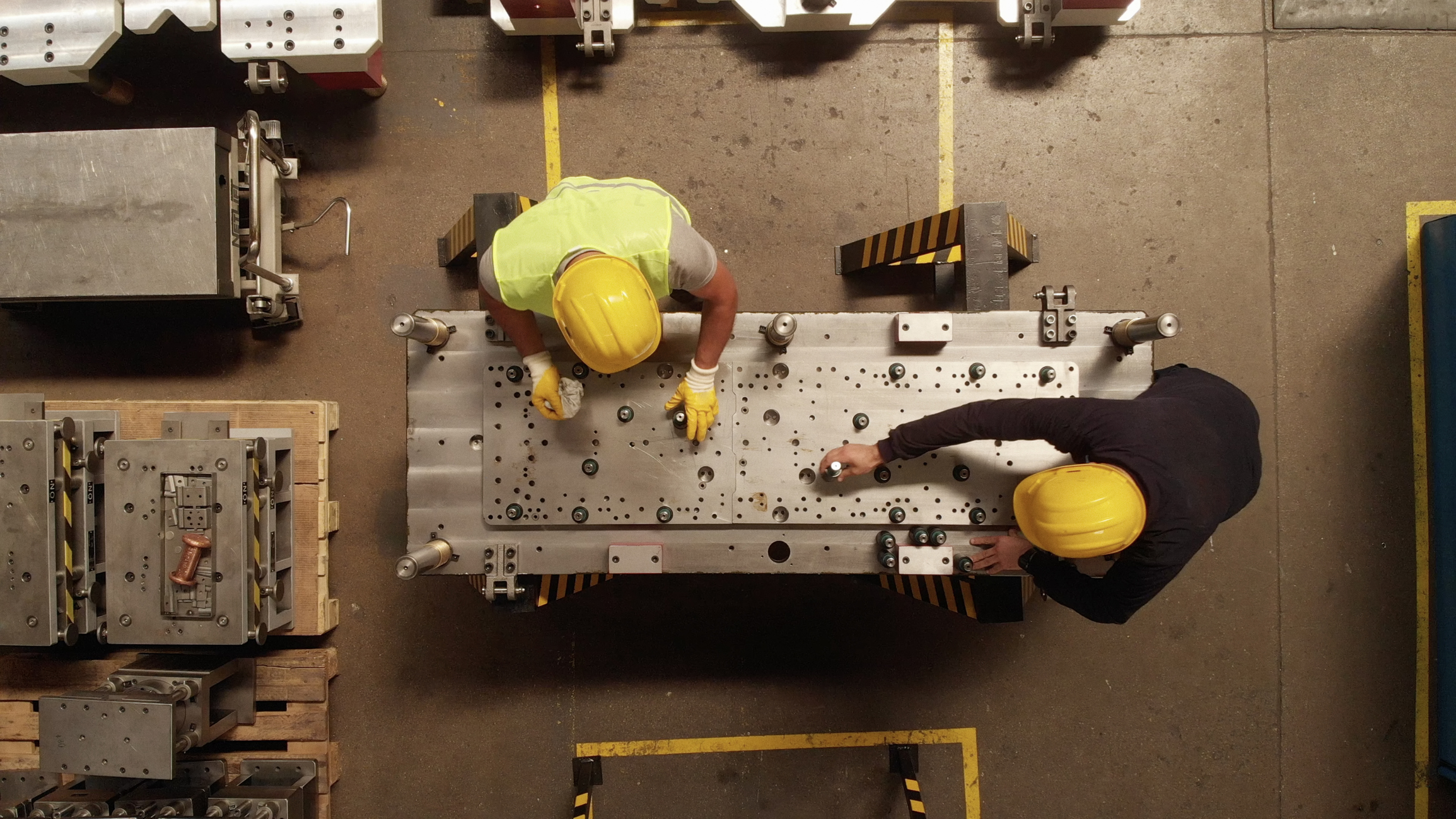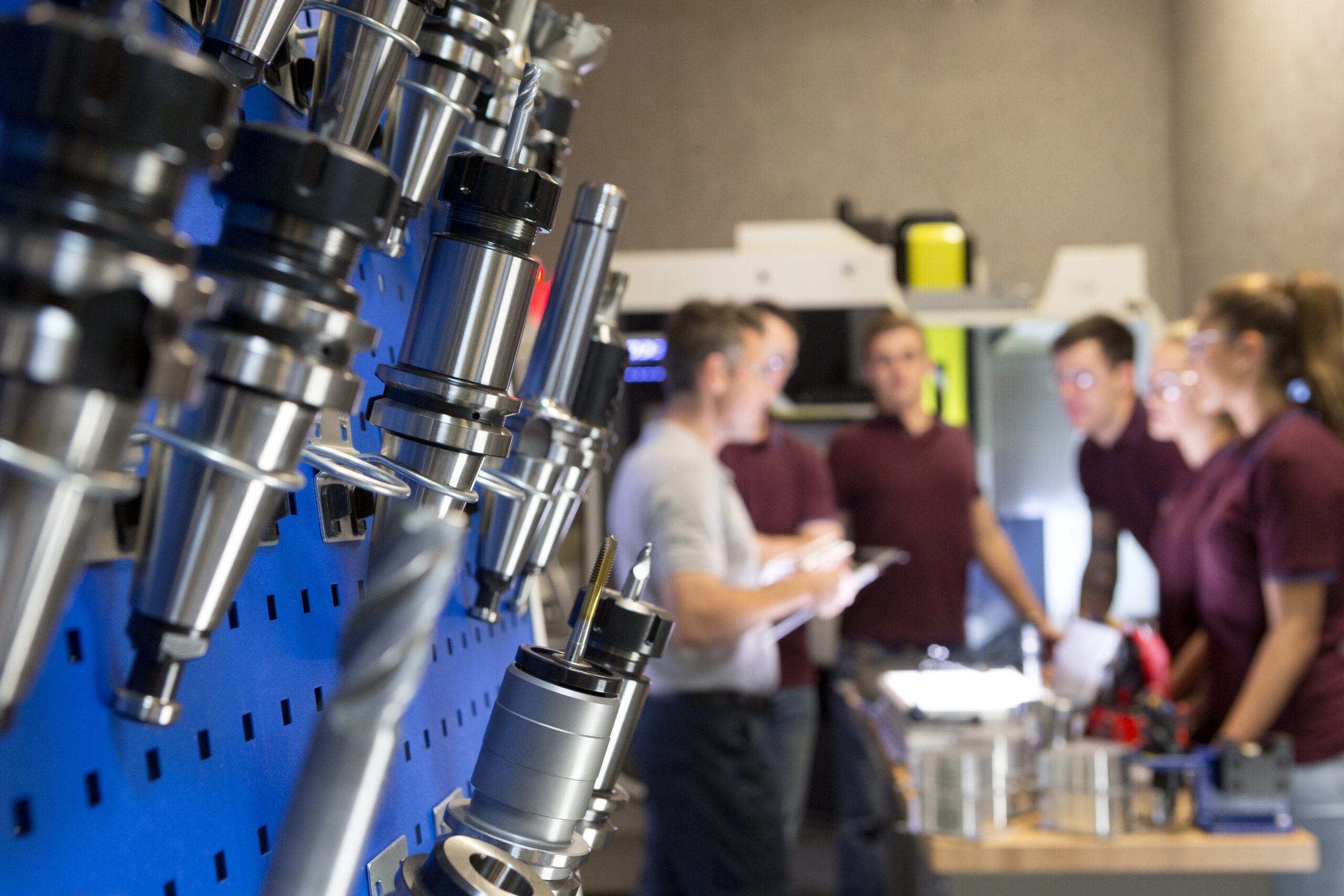Recent News
In Uncertain Times, CEOs Lose Faith in Forecasts


From Brexit to rise of Donald Trump, business leaders say recent events have made them wary of expert predictions
Ken Lamneck, CEO of Insight Enterprises Inc. at the company’s offices in of Tempe, Ariz. Mr. Lamneck says he has become more cautious when sizing up economic predictions.
RACHEL EMMA SILVERMAN,
JOANN S. LUBLIN and
RACHEL FEINTZEIG
Updated July 12, 2016 8:12 p.m. ET
The forecast for business predictions these days is cloudy.
Chief executives tap consultants, expert prognostications and polls about market and political conditions to help inform business decisions. But from the Brexit surprise to the rise of Donald Trump and the frequently revised U.S. job market numbers, expert analyses have been landing far off the mark—and executives are growing wary.
Uncertainty has been a given for business since the financial crisis, but business leaders say recent events have diminished their faith in forecasts. Some are tapping new data sources to guide decisions and spending, while others say they have resolved to keep operations flexible to prepare for sudden changes. A few corporate leaders say they are rethinking how much expert forecasting they are willing to pay for.
“The so-called experts and global economists are proven as often to be wrong as right these days,” says Scott Wine, chief executive of Polaris Industries Inc., a Medina, Minn., manufacturer of off-road vehicles and motorcycles.
Following Britain’s surprise decision last month to exit the European Union, Mr. Wine plans to lean heavily on his global workforce and customers for insights about local political sentiments and the investment climate. “We have not made a practice to gauge our employees about geopolitical risk. But it’s something we will do going forward,’’ he says.
Ken Lamneck, CEO of Tempe, Ariz.-based Insight Enterprises Inc., which sells information-technology products to companies, says he has become more cautious when sizing up predictions. He cites forecasts for currency fluctuations, where “analysts were pretty far off” recently, resulting in dampened revenue expectations. He has begun turning to fellow tech-industry CEOs for advice.
Mr. Lamneck also spends more time looking backward, comparing past forecasts with what actually happened. He uses that margin of error to assess new data, such as the predicted growth rate for his industry. Sometimes, that means Insight might invest less in, say, hiring salespeople, than a rosy forecast might warrant.
Mr. Lamneck says he is more closely scrutinizing the research that the company buys from advisory firms like IDG and Gartner. “We’ll look at, ‘What’s the real value of these services that we’re paying for?’” he says, adding that the reports are more useful for strategy ideas than for market-growth forecasts.
A study of about 28,000 expert geopolitical predictions over 20 years found that most were only slightly better than chance, especially when predicting events more than a year off, according to Philip Tetlock, a professor at University of Pennsylvania’s Wharton School of Business who studies forecasting.
Dr. Tetlock suggests businesses carefully track both internal and external forecasts and keep score on who gets the important calls right—a step that few companies take.
“If you can’t make an accurate forecast, who do you hold accountable for results? It bedevils managers and investors,” says Eric Ries, a management consultant who helps startups and established firms like General Electric Co. navigate uncertainty.
Mr. Ries advises his clients to rely less on forecasts and instead road-test ideas with customers and make fast adjustments when needed. He urges them to supplement big-data predictions with close observation of their customers.
Rupert Duchesne, chief executive of Aimia Inc, a marketing and loyalty analytics company, uses scenario planning to prepare for an unlikely, yet influential event.
Last month, he had an Aimia team spend several weeks preparing for the possibility of a British break with the EU and a plunging pound. “Because we had prepared, we were able to say clearly what the impact would be on our business,” he says. Soon after the vote results were tallied, Aimia, which has business interests in the U.K, announced that the pound’s decline would unlikely have a material effect on its business near term.
Such planning requires considerable time and resources, Mr. Duchesne acknowledges. He says one scenario-planning exercise several years ago cost about $10 million, an amount which included a plan’s eventual execution; it modeled possible outcomes of a business negotiation. Those costs help insure the company against surprises, he says.
A painful experience with a prediction gone wrong taught Robert S. “Steve” Miller, chief executive of auto-interiors manufacturer International Automotive Components Group and a veteran turnaround specialist, to favor flexible business models.
In 2008, Mr. Miller was executive chairman and prior CEO of Delphi Corp., the largest U.S. auto-parts maker. Few experts predicted the severity of the economic downturn that year, which caught Delphi and countless other companies unprepared.
The manufacturer, which had sought bankruptcy-court protection in 2005 shortly after Mr. Miller joined as CEO, came perilously close to liquidation as auto sales plunged. Delphi’s inability to predict the downturn “greatly extended the time we spent in bankruptcy,” Mr. Miller recalls.
During bankruptcy, he slashed Delphi’s hourly work force, cut 40% of salaried staff and closed 21 of the 29 U.S. factories. Delphi emerged from bankruptcy in 2009.
Mr. Miller now relies on a fluid manufacturing process at IAC. The company can easily move manufacturing equipment to a different location when automakers’ sales volume shrinks, he says.
He and fellow directors review corporate strategy quarterly, and Brexit’s effect will be on the agenda for their July 27 review. Mr. Miller says the referendum’s result will only add to the complexity his company faces.
Still stung from his experience in 2008, the IAC leader says he places little stock in current economic predictions. He is equally skeptical about predictions describing future effects of the Brexit vote.
“You always have to take this stuff with a grain of salt,’’ Mr. Miller suggests. “You can’t run your business with only one track in mind—which is the direction that forecasters and experts are telling you it will go.’’
Check out our latest video
Exploring our target industries
At Davalyn, our tenured team of niche-focused talent acquisition experts takes on the hiring challenges of a diverse and growing set of industries. Make our perspectives your most powerful recruitment and retention resource.







